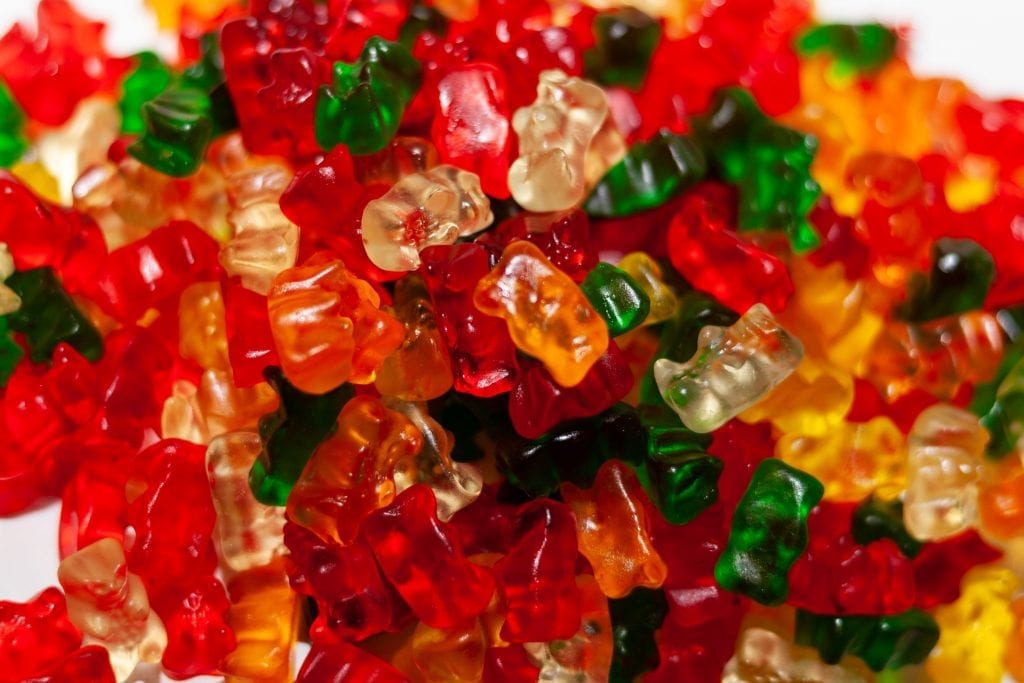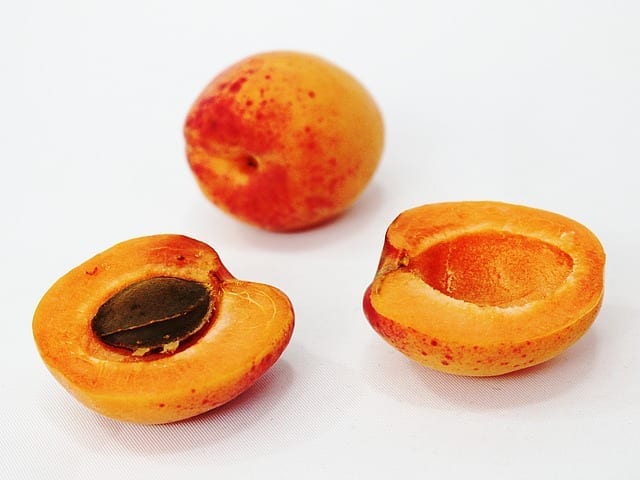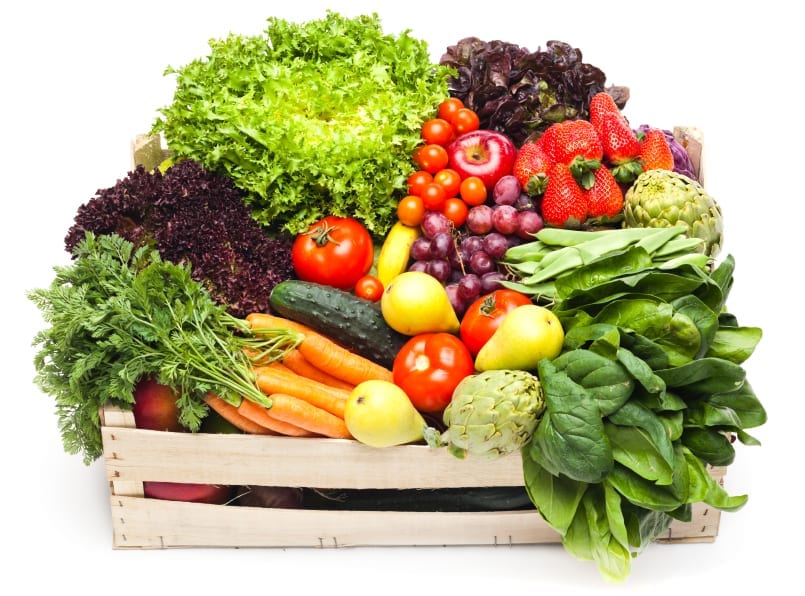About 25 million kids and teens in the U.S. are overweight, or at risk of being overweight.
Translation: Approximately 1 out of three kids, are overweight.
These are the kids that are more likely to develop serious health issues, like high cholesterol, high blood pressure, heart disease, type 2 diabetes…
The biggest issue that I have seen is that most children, whether they are overweight, or slim, are malnourished, i.e. they are nowhere near receiving the right amount of nutrients their little bodies need to develop into healthy adults. Side note: And those gummy vitamins, may as well be candy. (Yes, I loved them too).

Photo by Jonathan J. Castellon
Just because a child, is thin, does not mean that they are healthy, and just because a child is overweight, does not mean that they should start eating lower-calorie, and lower fats foods… it simply means that they are not getting the RIGHT foods. So… how can we change this?
Tips for healthier Kids and Happy Families:
- Just don’t buy the junk. Period. If you have it in the house, you, and your kids will be tempted to eat it. If you don’t have it in the house, you will not have the option or the temptation. SO… just don’t bring the junk into the house. Whole Foods has some delicious and healthier, alternatives to your traditional cookies, crackers, and chips (are they “health foods”? No. Baby steps.)
- If you raise kids on healthy and wholesome foods and teach kids the benefits of healthy food in a fun way, they will be less likely to want junk food, and even less likely to crave them. Trust me, we were not born loving fast food. Eating “junk food” is a “learned” addiction.
- Don’t bring the family to fast food restaurants. I grew up on fast food. I craved french fries. Did you know that America’s favorite fast-food restaurants do exceptionally year-round, regardless of our economic state? Burger King, itself boasts a whopping 11 million guests will visit a BK somewhere in the world today! Remember Cheap food, cheap ingredients, and expensive problems down the road. Do kids like ketchup? Me too! Saute some “friendly” veggies, like yellow wax beans, or broccoli, and let them dip that into ketchup.
- Do not REWARD kids with unhealthy treats—this creates an emotional attachment to unhealthy foods.
- Set a good example, we cannot expect kids to have good eating habits if we do not. My family drives me crazy with this.
- Keep fresh fruits on hand, and very accessible. Leave out a bowl of sweet and crunchy apples, pears, and bananas. Keep a bowl of strawberries, or grapes in the fridge. Kids all seem to love little clementines, and they make a fun, and easy snack. If fruits are in reach, kids will eat.

Photo by Hüseyin
- Keep healthy snacks in the fridge and pantry. Examples: Baby Carrots and hummus, baby carrots and almond butter, baked blue corn tortilla chips, and salsa, or guacamole. Keep a pitcher of freshly brewed peppermint tea, sweetened with Stevia, in the fridge, or little, “kid-friendly” almond milk in chocolate and vanilla flavor.
- Sit down together for meals. Do not sit in front of the TV. We are more prone to overeat when there are outside distractions. I can be guilty of snacking at my desk, while I type, and do work. I am always happier when I focus on the food and conversation.
- Encourage activity. Go to the park, go for a walk– Hey! Window shopping constitutes “exercise” and it is better than sitting in front of the TV all day.
- Encourage your kids to get involved in the kitchen– set up a healthy pizza-making station, or make healthy fajitas with lots of sautéed veggies. Let them help you cook!
Food for thought:
A study found that “delicious,” fatty foods are as addictive as cocaine and heroin.
“Florida scientists looking into the causes of obesity let lab rats gorge round-the-clock on cake frosting and sweet treats, as well as bacon, and sausage, and discovered that it triggered addiction-like responses in their brains. To maintain their food-induced highs, the rats consumed more and more fatty treats – and got obese in the process. Researcher Paul Kenny of the Scripps Research Institute said he suspects the same chemical changes that happen to rats, when they devour unhealthy foods, might also be happening in humans.” NYDailyNews.com






Be the first to comment on "Tips for raising Healthy Kids and a Happy Families"